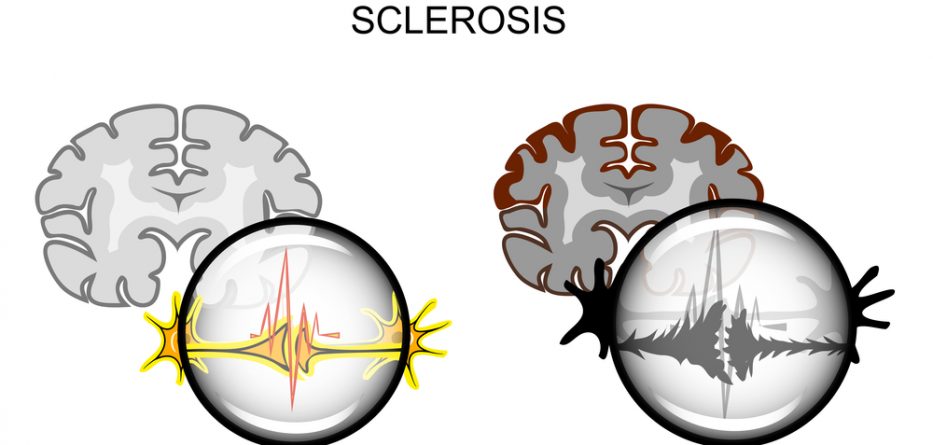, or , is an immunomodulatory injectable drug that helps with the treatment of multiple sclerosis (MS) symptoms. The drug is made up of four basic amino acids found in the myelin sheaths of nerve fibres. proves to be effective in reducing the frequency of relapse in patients with relapsing or remitting MS.
The US Food and Drug Administration (FDA) approved for use in 1996. The drug was later approved by the UK in August 2000.
has been put through multiple clinical trials that tested the safety, tolerability, and efficacy of the drug in both healthy hosts and in patients. These trials show that while was safe for patients and was effective in reducing the frequency of relapses, it was not capable of reducing or stopping MS progression.
It is not fully understood how works to reduce the frequency of MS relapse. There have been, however, experiments that showcase a close approximation for what many believe to be happening. seems to lure autoimmune responses to the drug itself, thus reducing the damage done to myelin sheaths. This is most likely a result of the chemical composition of , which consists of the four basic myelin sheath amino acids, these being L-glutamic acid, L-alanine acid, L-tyrosine acid, and L-lysine acid.
This process mimics the myelin sheath, which helps to prevent inflammatory responses from causing damage to the actual myelin sheath.
Also likely is the fact that the intravenous method of administering the drug helps convert pro-inflammatory Th1 cells into anti-inflammatory Th2 cells. This also helps to reduce the rates of exacerbations in MS patients.
Common side effects of include:
- redness
- rashes
- flushing
- shortness of breath
- anxiety
- mild flu-like symptoms
Speak to your doctor to find out if is right for you.
Featured image: Artemida-psy via DepositPhotos




